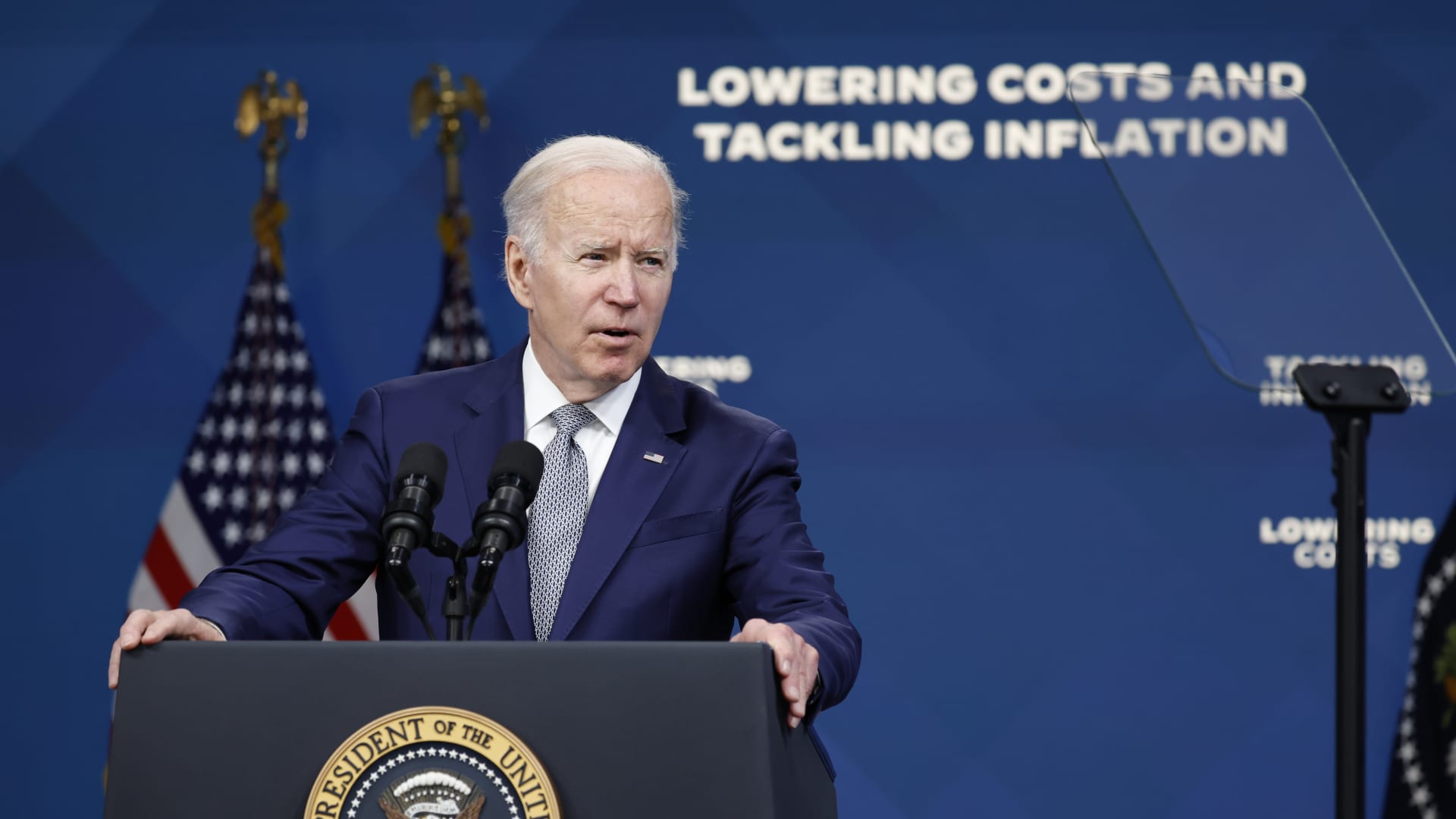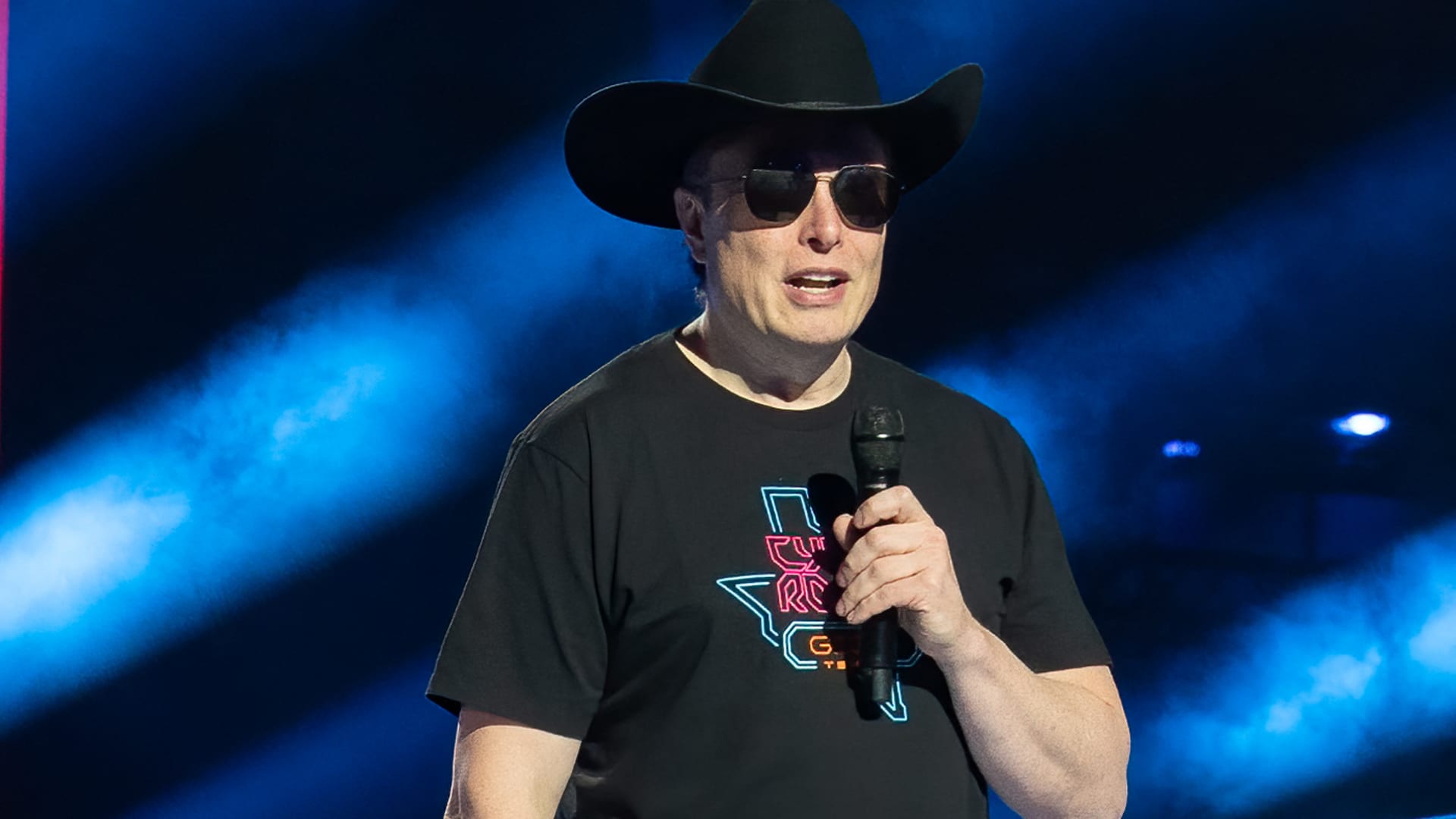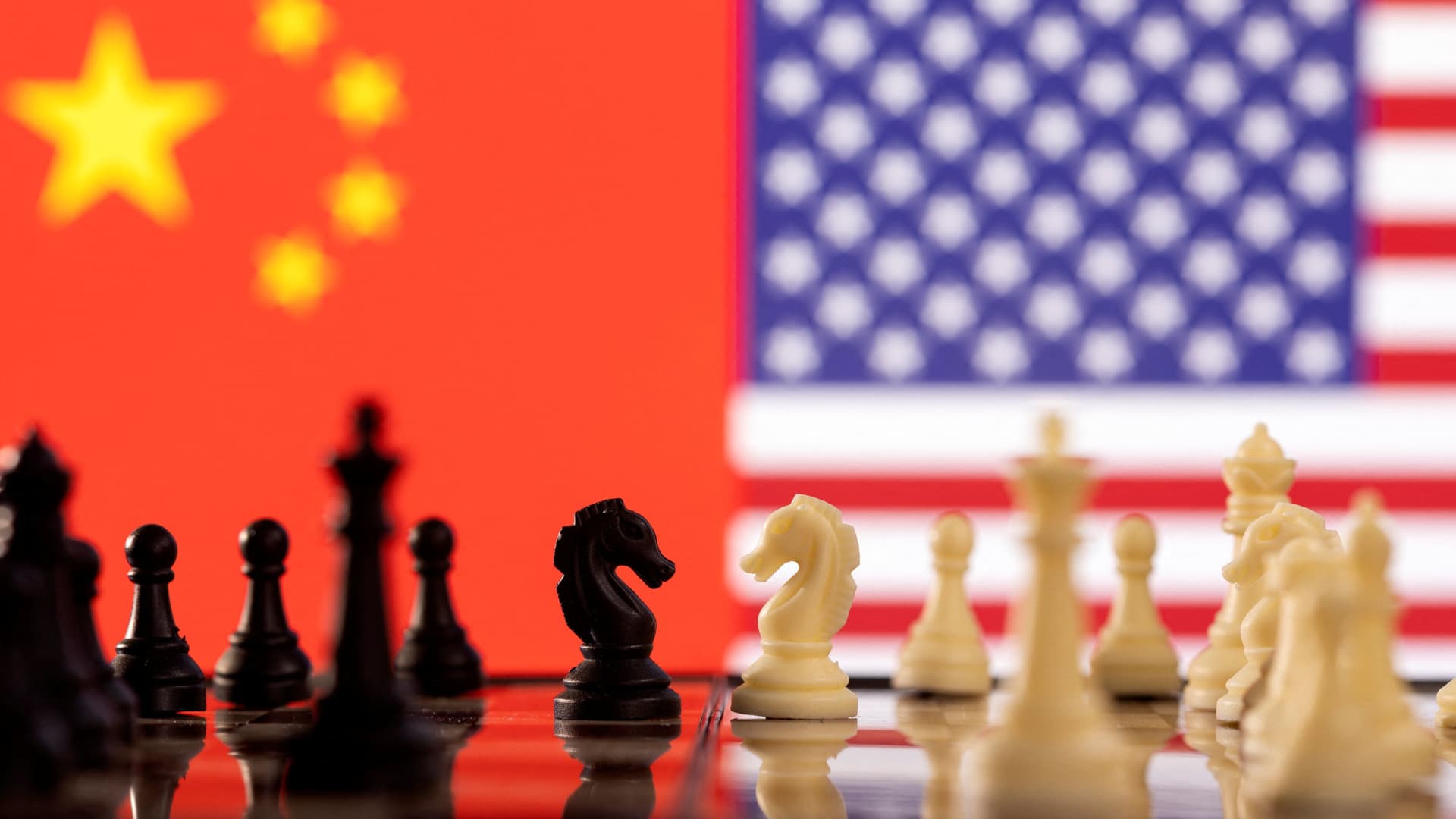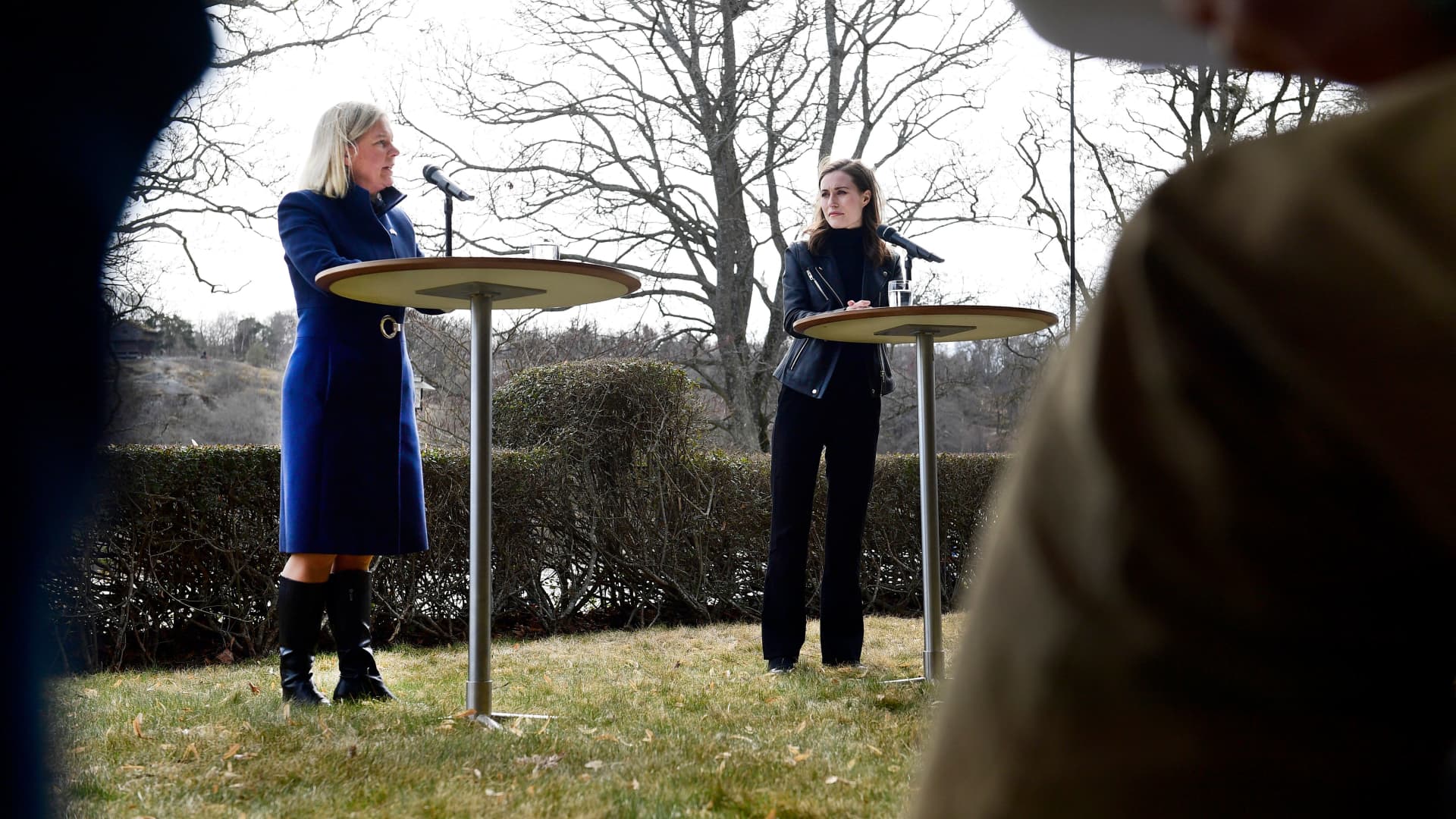A landmark agricultural deal that guarantees food security for tens of millions is set to expire on Monday as Russia debates its renewal
Russia has yet to decide if it will extend the terms of the Black Sea Grain Initiative, which is set to expire on Monday.
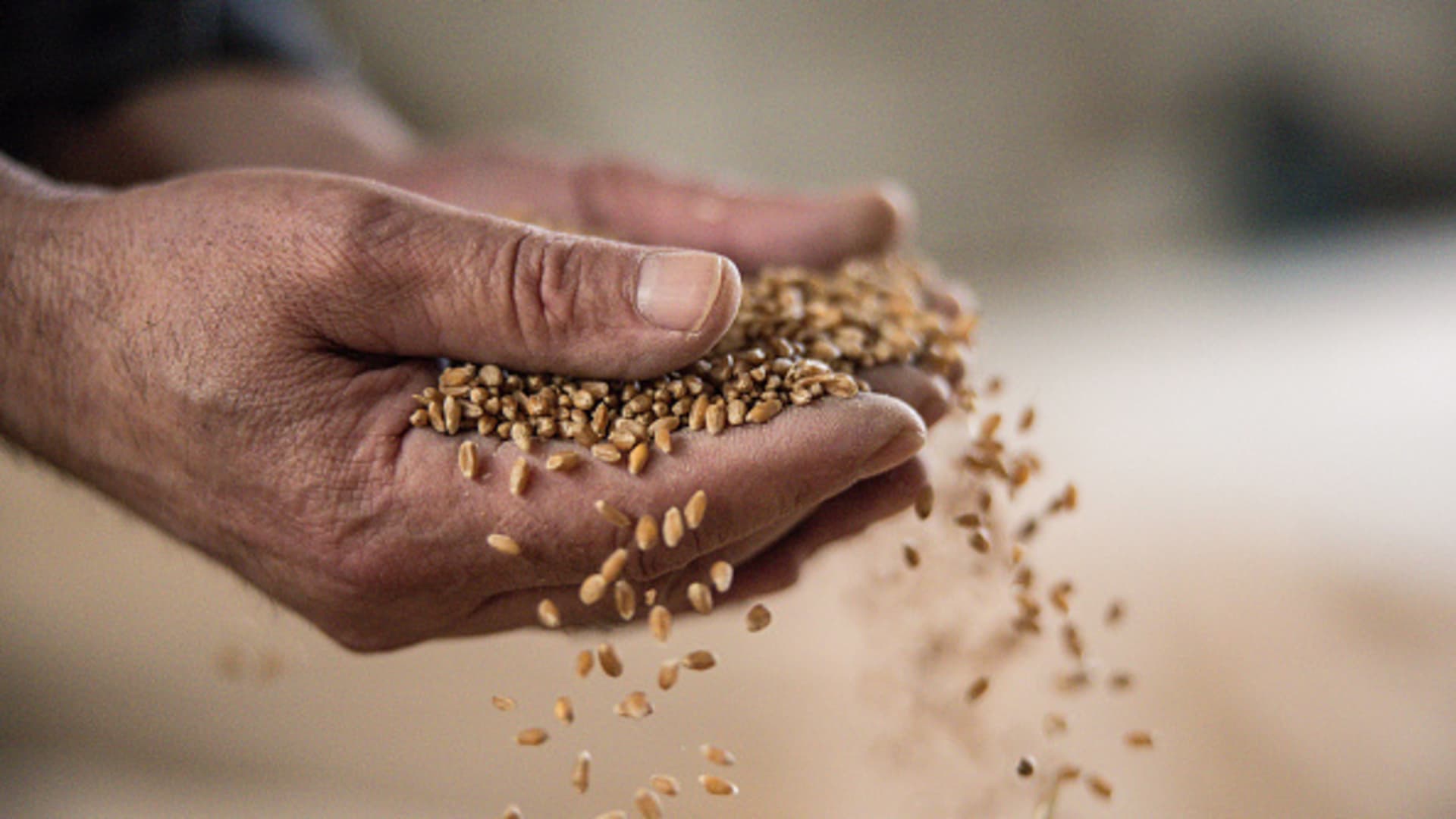
A worker handles wheat grain in a storage granary at Aranka Malom kft mill in Bicske, Hungary on Tuesday, May 16, 2023. The Black Sea deal has allowed Ukraine to ship more than 30 million tons of produce from three major ports, helping to bring down global food prices down after they spiked following Russia's invasion.
Akos Stiller | Bloomberg | Getty Images
WASHINGTON — A landmark agricultural deal brokered between Ukraine and Russia is set to expire on Monday, a revelation that is expected to further exacerbate the global fallout of the Kremlin's ongoing war if Moscow refuses to renew the agreement.
Last week, Secretary-General Antonio Guterres sent a letter to Russian President Vladimir Putin outlining proposals to salvage the deal. On Friday, U.N. spokesman Stephane Dujarric told reporters that conversations with the Kremlin via Signal and WhatsApp would continue over the weekend.
Moscow maintains that the current agreement only supports Ukrainian agricultural products and not Russian fertilizer exports which are also included in the deal but have yet to depart for global destinations.
On Thursday, Putin reiterated Moscow's position and threatened for the fourth time since the inception of the agreement to not renew it.
A Ukrainian serviceman stands in front of silos of grain from Odesa Black Sea port, before the shipment of grain as the government of Ukraine awaits signal from UN and Turkey to start grain shipments, amid Russia's invasion of Ukraine, in Odesa, Ukraine July 29, 2022. REUTERS/Nacho Doce
Nacho Doce | Reuters
Before Russian troops poured over Ukraine's borders in late February 2022, Kyiv and Moscow accounted for almost a quarter of global grain exports. Those agricultural shipments came to a halt for nearly six months until representatives from Ukraine, Russia, the U.N. and Turkey agreed to establish a humanitarian sea corridor under the Black Sea Grain Initiative.
The deal, which was brokered last July, eased Russia's naval blockade with the reopening of three key Ukrainian ports.
Under the deal, more than 1,000 ships carrying nearly 33 million metric tons of agricultural products have departed from Ukraine's war-weary ports of Odesa, Chornomorsk and Yuzhny-Pivdennyi.
The agreement has also overseen the transport of 725,167 tons of wheat to sail on World Food Program ships to some of the world's most food-insecure countries, such as Afghanistan, Ethiopia, Somalia, Sudan and Yemen.
The U.N.-backed organization responsible for tracking exports under the deal said in an update on Saturday that for nearly three months, no ships have sailed from Ukraine's port of Yuzhny-Pivdennyi. What's more, no new vessels have been approved to depart Ukraine for the past two weeks.
'Not the deal we agreed to'
Russian President Vladimir Putin and Moscow's top diplomat Sergei Lavrov both blamed the West for creating global insecurity and instability.
Sean Gallup
In April, Russian Foreign Minister Sergey Lavrov warned that if the Black Sea Grain Initiative did not soon incorporate fertilizer products, Moscow would not renew the agreement.
"It was not called the grain deal it was called the Black Sea Initiative and in the text itself the agreement stated that this applies to the expansion of opportunities to export grain and fertilizer," Lavrov told reporters during an April 26 press conference at the U.N.
"That's not the deal we agreed to on July 22," he said, adding that there are dozens of Russian ships loaded with approximately 200,000 tons of fertilizer waiting for export. In addition to the inclusion of fertilizer exports, the Kremlin has also requested the resumption of a pipeline that weaves through Russia and ends at a Ukrainian port.
One of Moscow's top demands though is for the Russian Agricultural Bank, or Rosselkhozbank, to return to the SWIFT banking system.
Moscow's exclusion from SWIFT, which stands for the Society for Worldwide Interbank Financial Telecommunication, severed the country from much of the world's financial networks in the days following Russia's full-scale invasion.
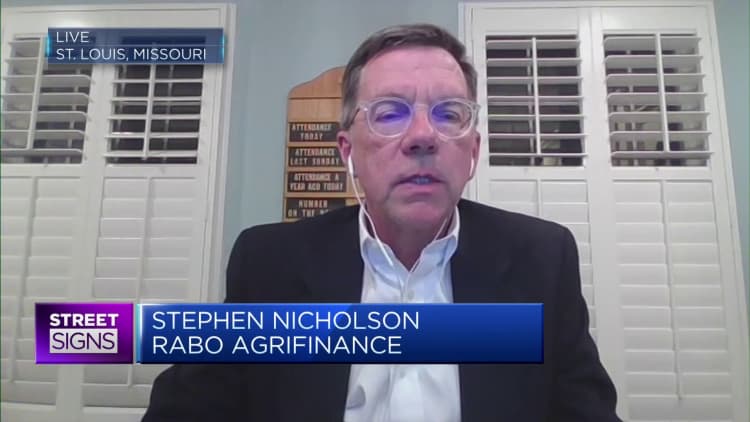

 JaneWalter
JaneWalter 







